

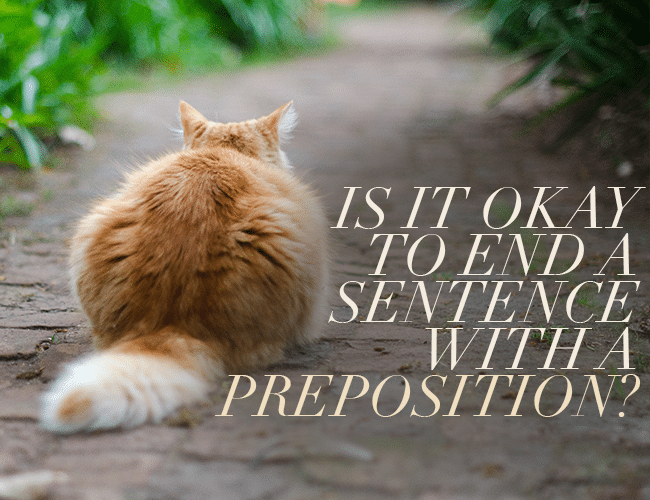
Is It Okay To End A Sentence With A Preposition?
Occasionally, we grammar enthusiasts need to take a step back and lighten up a little bit. While there are some grammar rules that are hard and fast (I’m looking at you, comma splice), sometimes there is wiggle room (like the controversial claim that you can split infinitives). Today, we’re tackling another wiggly rule: is ending a sentence with a preposition okay?
Well, guess what? I’m here to liberate your pens and tell you that it’s okay for your protagonist to ask her cheating boyfriend who he was just with.
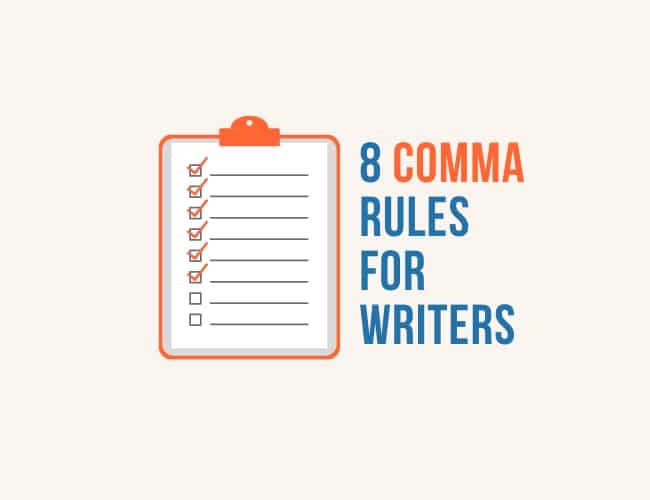
8 Comma Rules for Writers
Commas matter. That tiny period-with-a-tail can change the meaning of your entire sentence, and your use of it quickly demonstrates just how well you know the English language.
Today, I have just a few comma tips for you. This is nowhere near an exhaustive guide, but if you learn these 8 comma rules, you’ll give a better impression with your written word everywhere you go.
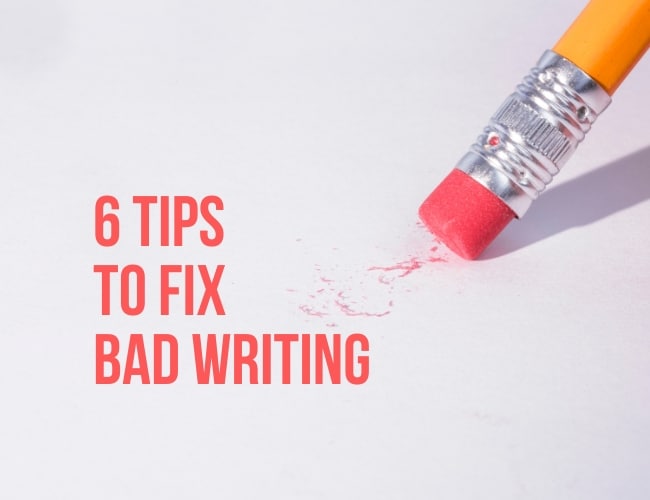
6 Tips To Fix Bad Writing
Revision is more than just correcting the comma splices and subject-verb agreement. Some bad writing is just awkward and unclear.
As I’ve worked to develop a working writing style, it’s taken me a lot of awkward sentences, phrases, and words, but after editing (and many writing lectures from Joe), I’ve developed a few tips to avoid the bad writing. Here are six tips that helped make my writing better (hopefully they help you, too!).
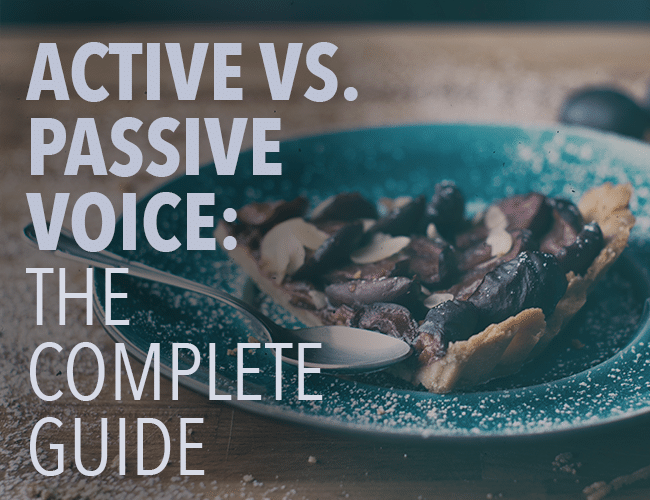
Active vs. Passive Voice: The Complete Guide
Let’s understand what we mean when we’re talking about “voice” in a passive sentence versus an active voice sentence. In this case, grammatical voice refers to the verb form used in relationship with the subject and receiver of the action.
(This should not be confused with author voice which is more about the personality and style of a writer throughout their work. That’s something entirely different.)
If you’re still confused, let’s look at some examples that will help you see the difference, and then look at how to use each type of sentence to its best effect. Ready?
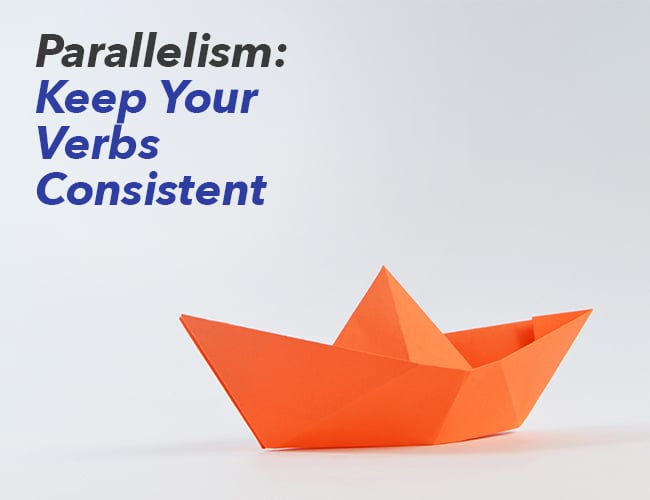
Parallelism: Keep Your Verb Tenses Consistent
A few weeks ago, our group of friends was planning a potluck. One of the girls said she was planning on making vegetarian chili, cornbread, or baking cookies. I cringed internally because the flow of the sentence was wrong and hurt me on the inside. The issue: mismatched parallelism.


